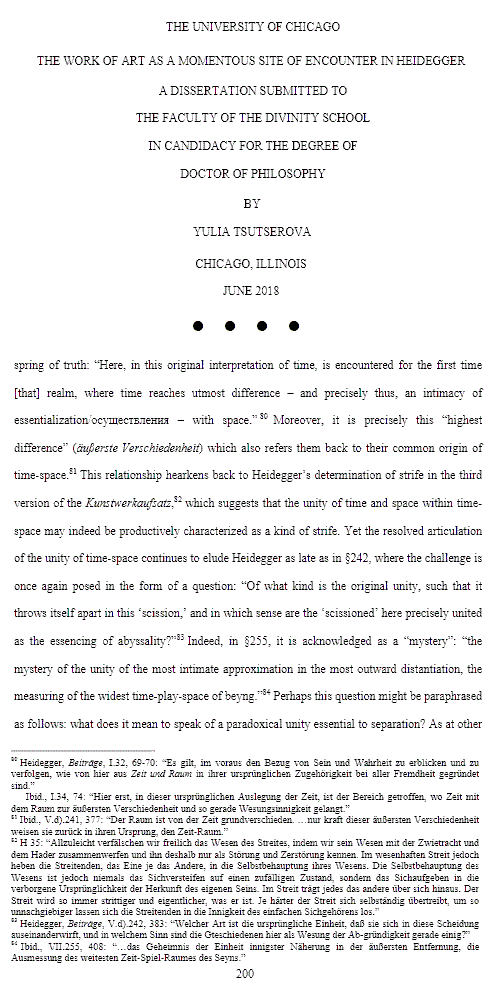Suggested by yesterday's Garden Path
Commentary by Trish Mayo on a photo at Flickr:
Gazing Globe
These beautiful garden ornaments have a long history, beginning in the 13th century when they were made in Venice, Italy of hand-blown glass. They have been called by many names: Gazing Globe, Garden Globe, Witch Ball, Butler Globe and Globe of Happiness.
Legends formed about the mysterious powers of the globes. They were said to bring happiness, good luck and prosperity to those who owned it, known to ward off evil spirits, misfortune, illness and witches!
Some say the ball should be placed near the entrance to a house so that if a witch came by she would not be able to get past her reflection as she cannot tear herself away from her own image. Other accounts say a witch cannot bear to see her own reflection so she will not come near a "witch’s ball". A witch cannot sneak up on a person gazing into a globe as he can see if a witch approaches from behind. The smaller ball made of colored glass as opposed to the reflective kind was believed to attract and trap evil spirits.
Spiritually speaking, as one peers into the globe he can experience "oneness" with the universe.
The gazing globes practical purposes included being strategically placed on a path near the front entrance so that you could see when someone was coming for a visit. In Victorian times, the "Butler Ball" served as a mirror for servants to see when guests were needing assistance without staring at them throughout the meal. Another practical use was in the foyer of the home. Parents could keep a close eye on their daughter and her date as he bid her goodnight.
Today the globe is used ornamentally, allowing the whole garden, including the sky, to be viewed with one glance.










